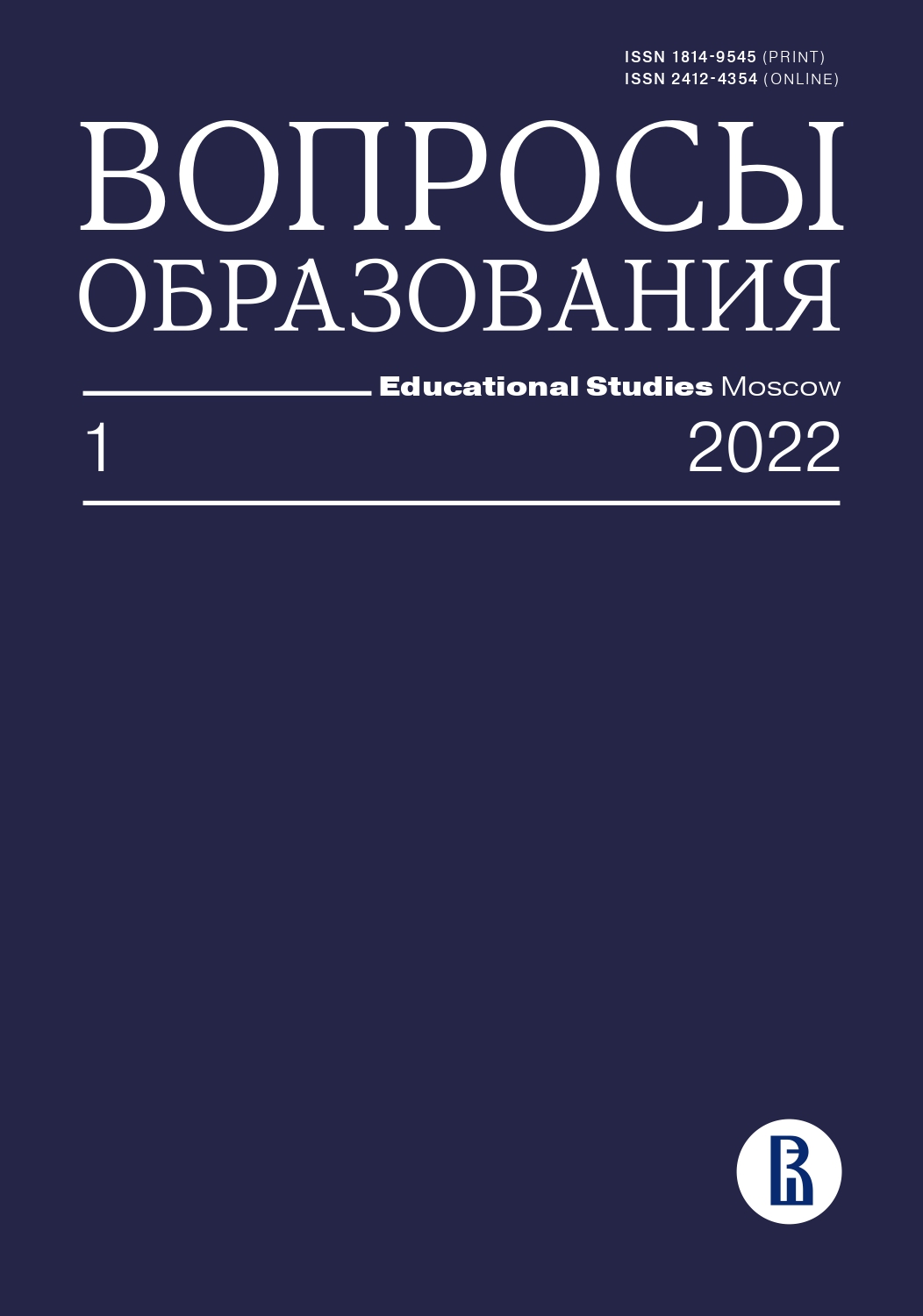Связаны ли академические достижения учащихся с ожиданиями их учителей. Результаты экспериментального исследования
Аннотация
Ожидания учителя могут отражаться на академических достижениях учеников, и возникает эффект «самоисполняющихся пророчеств». Учителя формируют свои ожидания об академической успеваемости учащихся, основываясь на имеющейся у них информации о школьниках. Проведено исследование с целью проверки гипотезы о существовании связи наличия у учителя информации о принадлежности ученика к той или иной из групп, выделенных по результатам стартовой диагностики в начале 1-го класса, с академическими достижениями этого школьника по истечении первого учебного года. Дополнительно проверялась гипотеза о том, что наличие у учителя информации о группе, к которой относится ученик, может отразиться на его ожиданиях относительно уровня когнитивных навыков ученика. В крупномасштабном кластерном рандомизированном контролируемом экспериментальном исследовании участвовали 4460 первоклассников из 188 школ одного из регионов РФ. Школы распределены на экспериментальную и контрольную группы случайным образом. Учителя контрольной группы получали сведения о базовых навыках своих учеников, а учителя экспериментальной группы — еще и информацию о принадлежности учеников к той или иной группе из выделенных на основании сочетания показателей сформированности когнитивных (базовых навыков по чтению и математике) и некогнитивных (личностных и социально-эмоциональных) навыков. В результате проведенного исследования гипотезы не получили подтверждения.








